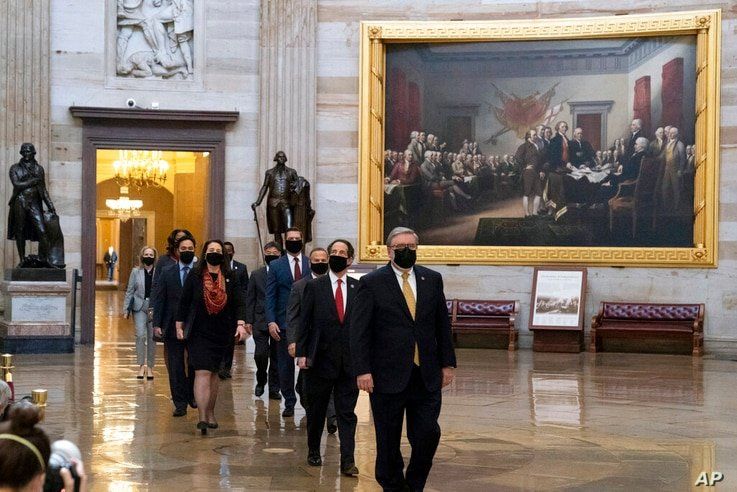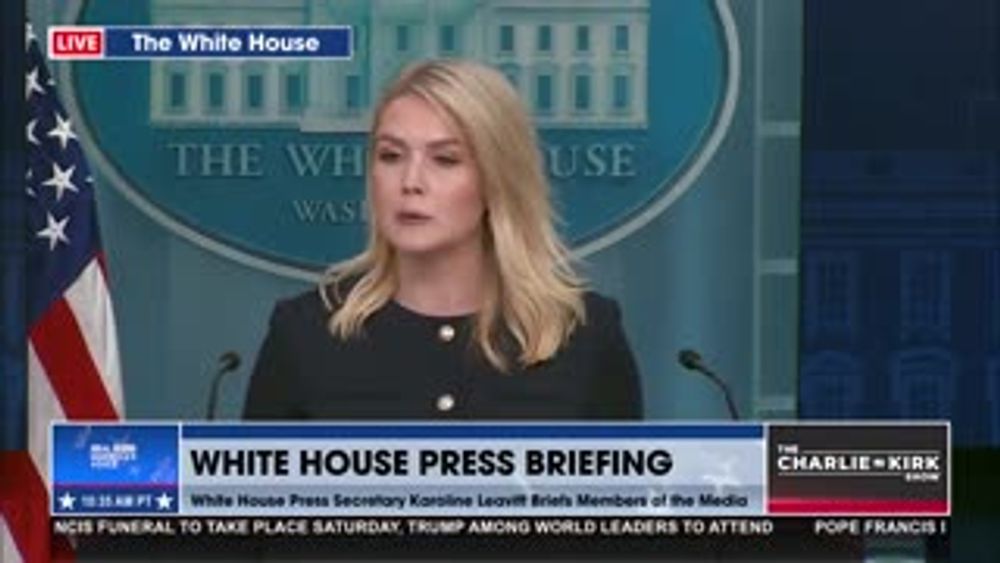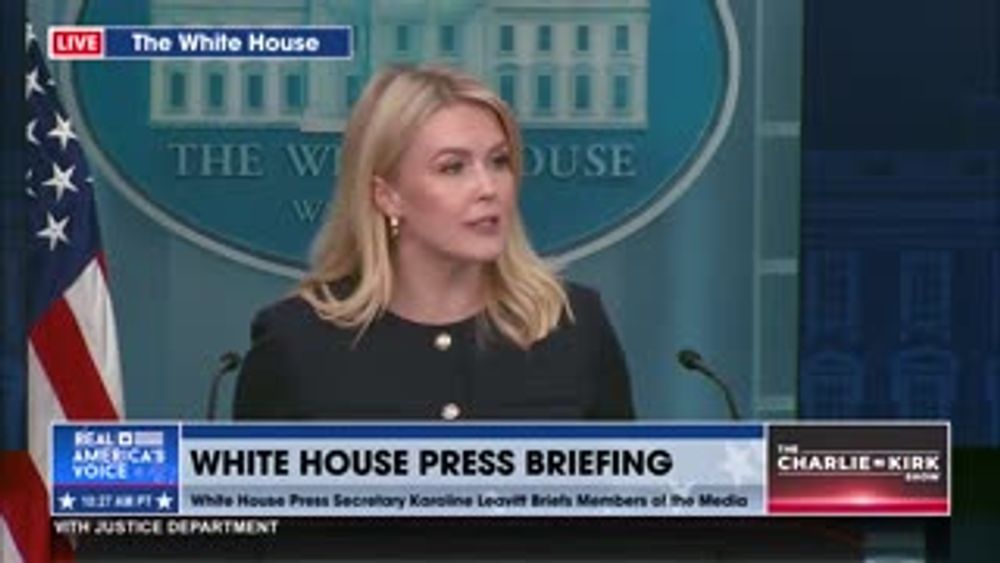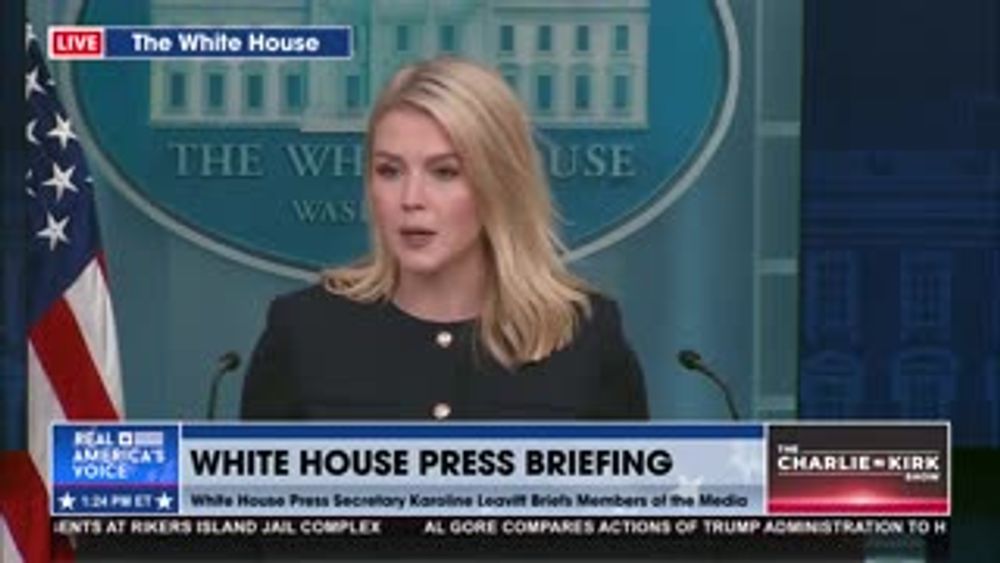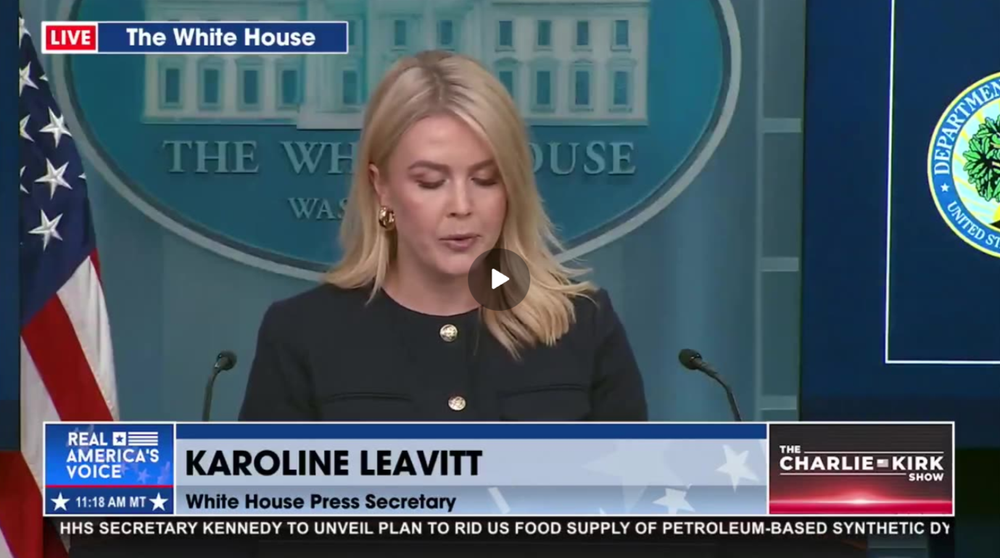Politics Determines Legal Strategy for Impeachment Sides
Impeachment managers won the argument, but they lost the war. A staff writer with a conservative media group is suggesting how they might have done better.
Fifty-seven of the 100 U.S. senators voted late last week to convict former President Donald Trump of inciting the January 6 attack on the U.S. Capitol. The lawmakers, however, fell 10 votes shy of the two-thirds majority needed for a conviction.
In an evenly divided Senate, getting seven Republican to vote with the Democrats to convict was historic. Finding 10 more was more daunting.
“The last impeachment was the first time any person had crossed the aisle to vote for an impeachment of someone from their party,” notes Sarah Isgur, a top spokeswoman for former U.S. Attorney General Jeff Sessions. “This time, seven did. I think there were at least two more votes that were left out there because of how this was brought to the Senate.”
Now a staff writer for The Dispatch, a conservative media group, Isgur said Democrats could have drawn more votes with a bipartisan approach.
Incitement vs. dereliction
Democrats offered up just one article of impeachment in the House, accusing Trump of “incitement of insurrection.” One week after the attack, the House voted 232-197 to impeach him, including 10 Republicans.
“I think the House managers could have strengthened their case by involving Republicans,” said Isgur, starting with drafting the article of impeachment. “Republican involvement would have narrowed that really just to the dereliction of duty argument — what happens after rioters stormed the Capitol on January 6 and what actions or inactions does the president take on that day — rather than the incitement argument, which is so broad,” she explained.
House impeachment managers used their opening arguments to build a timeline of the days and weeks leading up to January 6 to show Trump’s culpability.
“What I was particularly impressed by was how they created a long timeline showing weeks of buildup,” said Heidi Kitrosser, constitutional law professor at the University of Minnesota. “And then the timeline, even after the attack, sort of pointing out the way in which the lack of response, the indifference, etc., was also indicative of this apparent intent and pleasure with what he had incited,” she observed.
Isgur says the impeachment managers’ strategy of going back in time to show the buildup was politically tone-deaf because “really revisiting sort of Donald Trump's greatest hits of offensive things he has said, well, Republican senators supported him for reelection. So, you know that they can't get behind an argument that says, ‘Oh, look, he was inciting violence back to October, back to the summer.’”
Legal and political defense
After the previous team of lawyers either left on their own or were dismissed by Trump, the lawyers who defended the former president in the Senate were hired just nine days before the trial began. Isgur says the quick preparation showed.
“These three attorneys, with very little background, if any, in appellate or constitutional law, very little background with the facts of the case, it showed several times they probably had not had the chance to really interview their client in any depth. There were times where they were like, ‘Well, that's a good question.’ But the person who would have the answer to the question was Donald Trump,” Isgur said.
“They seem to spend a lot of time blaming the House managers for not telling them what the president thought, what the president knew, when he knew it, when that is, of course, their own client,” noted Kitrosser.
The 57-43 Senate vote that acquitted Trump came a month after he was impeached in the House of Representatives.
Trump has described the case against him as “another phase of the greatest witch hunt in the history of our country. No president has ever gone through anything like it," he said.
As an expert on free speech and the First Amendment, Kitrosser said she found the argument that Trump’s words are constitutionally protected to be “unconvincing.”
“It struck me that the main First Amendment argument they were trying to make was to suggest that the same standard applies here, as though Trump were, as the House managers put it, just some guy who was speaking out at a rally and he was being prosecuted for it,” Kitrosser said.
With the disclaimer that impeachment “is a political trial” and not a legal one, Isgur notes that both sides went into the process with a similar understanding: conviction is highly unlikely.
“And I think in that case, their audience becomes immediately the American public, and their metric of success most likely becomes the next election.”
For the House and Senate, that is November 2022.
Original Article Politics Determines Legal Strategy for Impeachment SidesNext videoFirst Ladies Exert 'Soft Power' with Fashion Choices
Politics Determines Legal Strategy for Impeachment SidesNext videoFirst Ladies Exert 'Soft Power' with Fashion Choices

